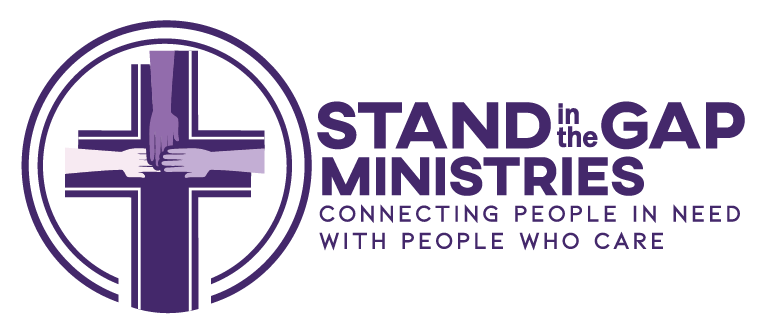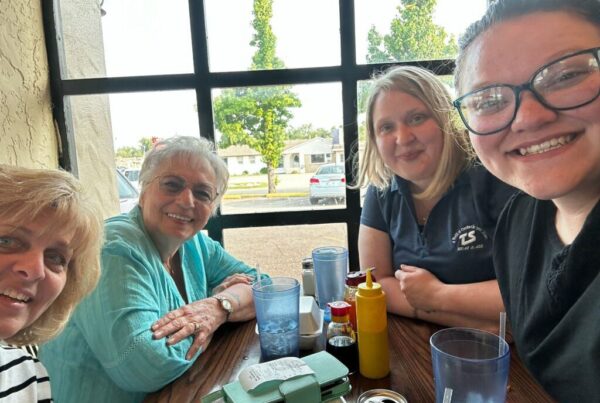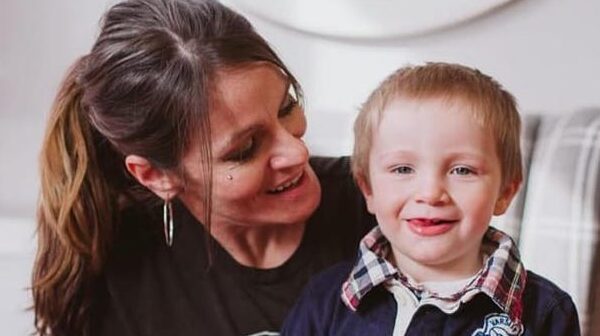In spite of the fact that 43,000 Oklahomans are behind bars today, many of us have never met a prisoner. Without knowing these people, it’s easy to imagine or believe some generalizations that we’ve seen on TV or read in the news.
So, we asked someone who knows…
Rhonda, what are the most common misconceptions about women in prison in Oklahoma?
#1 They must be bad & lazy or they would never have gone to prison.
Oklahoma incarcerates more women than any other state because our sentencing is so punitive, not because Oklahoma women are worse than women in other places. For example, one woman in my Women in Transition class was sentenced to 45 years for failing drug court.
We’ve started making strides in Oklahoma to address our issues and I look forward to fewer and fewer stories like that.
#2 Everybody that goes to prison is a drug addict.
I would guess that 30 percent of women in prison have never done drugs or misused alcohol.
A major issue that we don’t hear about is co-dependency. Many of the women I meet in prison are there because they made a bad choice in romantic partner and chose that person over everything else. Addiction takes many forms and sadly, there are a lot of women who are addicted to the wrong relationship and make bad choices as a result.
#3 Most people will leave prison and then return.
Recidivism is a big problem. But so are the low expectations that most people have about felons. A few days ago, I took a client to their parole hearing. The probation officer came out screaming and cursing at the client. I was traumatized, and there was nothing they could do to me! I can’t imagine how belittled and degraded this client felt.
If no one seems to expect better from you, it’s harder and harder to expect better from yourself.
80% of Stand in the Gap graduates have not returned to prison or jail. I’m very proud of the families we’ve reunited and positive impact these women are having on society. But a big reason for their success is that they had a team of Stand in the Gap mentors rooting for them, counseling them, and believing they could change.
#4 Once a felon, always a felon.
Our past doesn’t define us. I have witnessed God change lives in big ways. Think about Shaunte. She was once one of the most notoriously difficult women incarcerated in Oklahoma. She told me, “Once I started digging a hole for myself, getting in trouble, I never could do anything but dig it deeper.”
Today, Shaunte is a badged DOC volunteer teaching our Women in Transition class in prison. She also owns a business and reunited with her mother, daughter, granddaughter, and sister. What changed?
“I had heard the Gospel,” Shaunte says. “It rang true to me that God really did love the world so much that he sent his only son, that if we would just believe in him we really could have eternal life. But I didn’t know I could have a different life.”
Before Jesus, Shaunte wasn’t bad; she was a product of her environment. Her relationship with Jesus and her Women in Transition education showed Shaunte that she could break the cycle and taught her how to have a different life.
A felon’s past doesn’t define them. And thank God for that.
You can stop the cycle.
Learn more about Stand in the Gap's Women in Transition program!
You could be part of the solution to generational cycles of incarceration.



